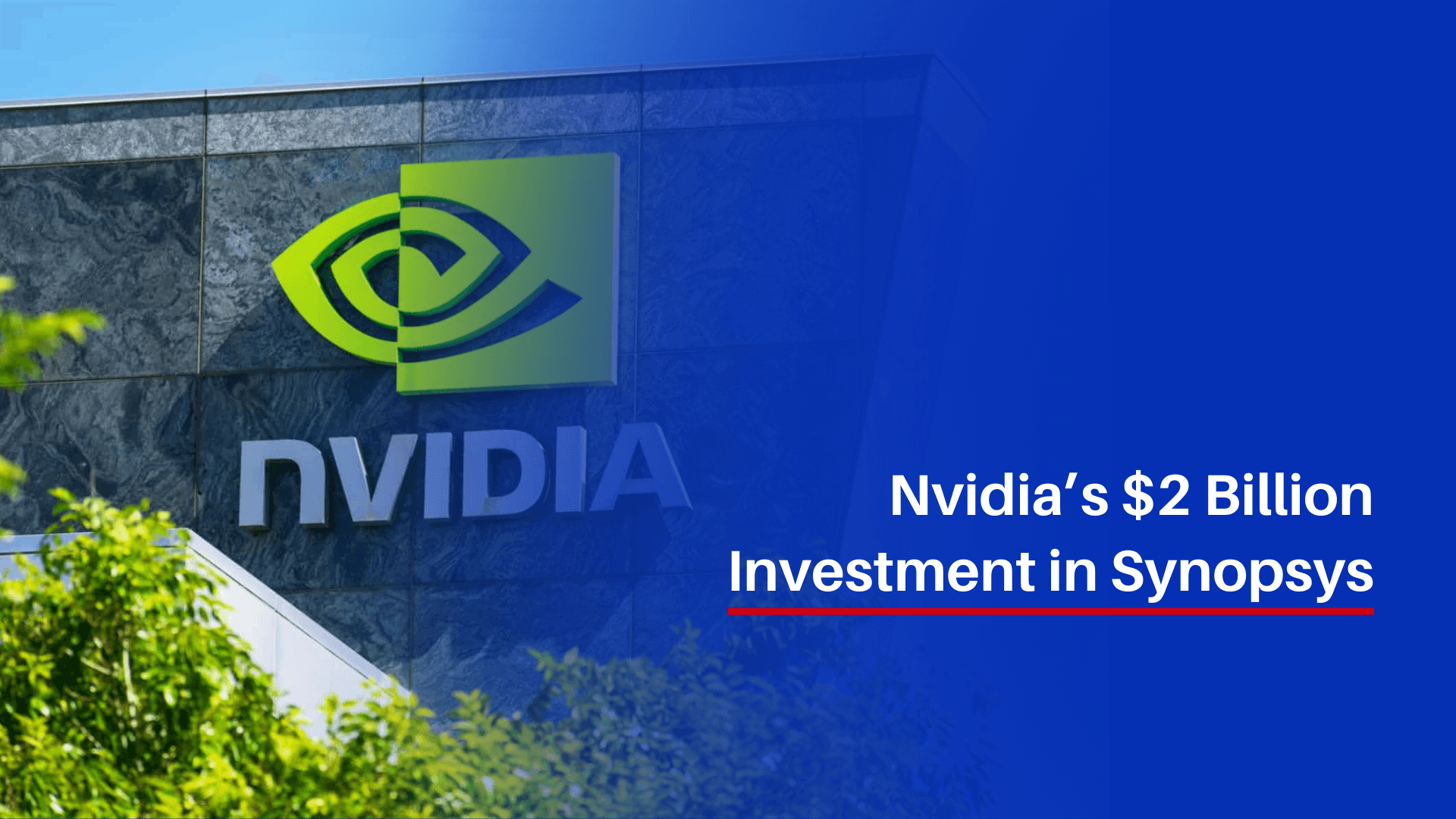
In a big antitrust ruling this week, Google has been ordered to share its search data with competitors. This decision is seen as a landmark case in the fight against Big Tech power. While the company will now have to open up its valuable data, it still gets to keep control of its Chrome browser and its important deal with Apple. This means Google must share data but avoids a breakup of its most important products.
The ruling is a big win for smaller rivals. For years, Google has been accused of blocking competition by keeping its search data private. This data is what helps search engines and AI tools learn, improve, and provide smarter results. Now, with access to this data, competitors will have a fairer chance to grow and offer better search services. Startups and AI companies working on new ways to search the web could benefit the most.
At the same time, Google is still in a strong position. The judge allowed Google to keep Chrome, which remains the world’s most popular browser, and also keep its deal with Apple that makes Google the default search engine on Safari. This gives Google billions of daily searches and keeps its place as the leader in online search. So while the ruling creates more competition, Google still holds powerful advantages.
For everyday users, this change could mean better search results and more choices. Competing companies will be able to use the same type of data to improve their own search engines and AI products. Over time, this could lead to more accurate answers, smarter tools, and more innovation. Instead of one company dominating search, users may see a wider range of options to pick from.
This case shows that regulators are watching big tech companies closely. By forcing Google to share data with rivals, the court is making a clear statement that competition is important. It may take time to see the full results, but this could be the beginning of a new era where search and AI are shaped by more than just one company.
You might also like

Runway Gen-4.5 AI Video Model - Faster and Smarter Than Google and OpenAI
Runway launches Gen-4.5 AI video model. It can turn text into videos quickly and beats models from Google and OpenAI in tests.

Nvidia’s $2 Billion Investment in Synopsys
Nvidia invests $2 billion in Synopsys to make smarter computer chips and faster AI. Learn how this partnership can improve technology for businesses and industries

Build a Smart AI Voice Assistant for Your Business Fast, Simple, and Ready to Use
Create your own AI voice assistant in minutes with Kayan. Answer customer questions, handle calls, and improve support without coding or technical skills. Simple, fast, and ready to use.
Enjoy this article?
Subscribe to our newsletter to get more insights on technology, design, and the future of digital innovation.
CRTVAI
Unlock AI's full potential with expert insights from leading software innovators. Subscribe for exclusive content on ChatGPT integration, custom development solutions, and transformative technologies that deliver measurable business results.
Popular Posts

10 Software Design Patterns Made Simple: A Guide for New Programmers

Google Gemini 2.5 Pro and China’s AI Boom Are Rewriting the Rules of the AI Race

Why Everyone in MENA is Talking About Evalia AI for Call Centers
